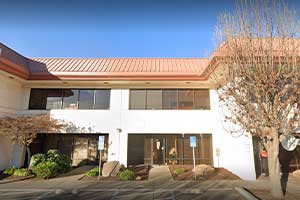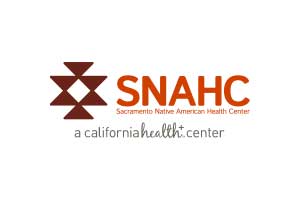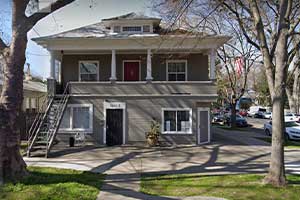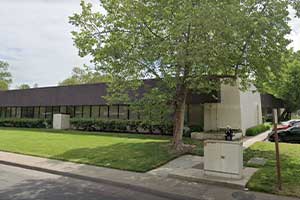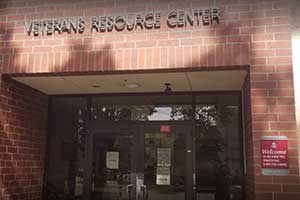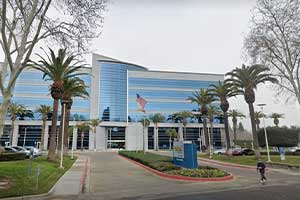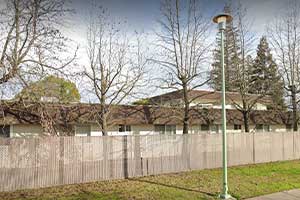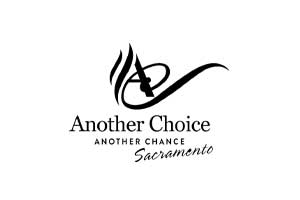Skip To Rehab Listing
Treatment Service Settings and Recovery Modalities
Sacramento's numerous rehabilitation centers, some of which are laid out below, handle an issue that is prevalent in cities throughout the US: substance abuse. These facilities combat this problem locally by providing locations and resources that are suitable for patients within the area. These settings include: long term drug treatment, intensive outpatient treatment, outpatient detox programs, inpatient rehab programs, short term drug abuse treatment.
Addiction treatment centers use a number of methods, from traditional methods to newer techniques such as: group therapy, dialectical behavior therapy, behavior modification, group therapy, trauma therapy, substance abuse counseling approach. The result is a variety of services that clear the path to attainable lasting recovery for many clients.
Special Programs for Addiction Offered by Treatment Centers
Individuals struggling with drug or alcohol addiction often require customized assistance to get off drugs and alcohol. That is why drug and alcohol rehab centers in Sacramento offer specialized programs that help patients within their personal situations. Some of these resources are listed here: persons with post-traumatic stress disorder, housing services, self-help groups, suicide prevention services, clients with HIV/AIDS, co-occurring mental and substance abuse disorders.
Rehab Payment Options in Sacramento, CA.
Clients encounter varied economic conditions, which is why addiction rehab programs provide multiple payment choices, such as: private medical insurance, private pay, sliding fee scale, medicaid, medicare, access to recovery (atr) voucher, state education funds.
Payment should not have to be a hurdle to substance abuse treatment. Treatment programs direct clients toward the payment opportunities that support their particular economic concerns.
With a variety of facilities, programs, resources, approaches and payment options, Sacramento offers patients multiple choices when it comes to seeking treatment from addiction.
Commonly Asked Questions about Addiction and Treatment
What is the most common substance abuse disorder?
The most common substance use disorder globally is alcohol use disorder (AUD). This disorder, often referred to as alcoholism, is characterized by an impaired ability to stop or control alcohol use despite adverse social, occupational, or health consequences.
Alcohol use disorder is defined by the American Psychiatric Association in the Diagnostic and Statistical Manual of Mental Disorders (DSM-5) as a problematic pattern of alcohol use leading to clinically significant impairment or distress, as manifested by at least two of eleven criteria, within a 12-month period.
The criteria include issues like spending a lot of time drinking, or recovering from drinking, giving up important social or recreational activities in favor of drinking, developing a tolerance (needing to drink more to achieve the desired effect), experiencing withdrawal symptoms when not drinking, and continuing to drink even when it's causing physical or psychological problems.
It's important to note that substance use disorders can develop with the use of many different substances, including illicit drugs like cocaine or heroin, and legal substances like alcohol or prescription medications. The prevalence of these disorders can vary by region and demographic group.
Regardless of the substance involved, these disorders can have serious impacts on individuals' physical and mental health, relationships, and ability to work or study. Treatment can often help people with substance use disorders to recover and lead healthy lives. If you or someone you know is struggling with substance use, don't hesitate to seek professional help.
How to talk to a family member about their addiction to drugs?
When addressing a family member's addiction to drugs, it is essential to approach the conversation with empathy, understanding, and a non-judgmental attitude. Here are some steps to consider when discussing this sensitive topic:
- Educate yourself: Before initiating the conversation, educate yourself about addiction, its causes, and available treatment options. This knowledge will help you better understand the situation and provide accurate information to your family member.
- Choose the right time and place: Find a suitable environment where both of you can have a private and uninterrupted conversation. Pick a time when your family member is sober and relatively calm, as it increases the chances of having a productive discussion.
- Express concern and love: Begin the conversation by expressing your genuine concern and love for your family member. Use "I" statements to convey your feelings without sounding accusatory. For example, say, "I've noticed some changes in your behavior, and I'm really worried about you."
- Use non-confrontational language: Avoid blaming or criticizing your family member, as it can lead to defensiveness and hinder the conversation. Instead, use non-confrontational language to express your observations and concerns. Focus on their well-being and the impact their addiction may be having on their life and relationships.
- Active listening: Encourage your family member to share their feelings, thoughts, and experiences regarding their addiction. Practice active listening by giving them your undivided attention, maintaining eye contact, and offering supportive responses. Show empathy and try to understand their perspective without judgment.
- Offer help and support: Let your family member know that you are there to support them through their journey to recovery. Provide information about available resources, such as local support groups, counseling services, or addiction treatment centers. Offer to accompany them to appointments or assist in finding suitable treatment options.
- Establish boundaries: While offering support, it is crucial to establish clear boundaries to protect yourself and other family members from enabling or codependent behaviors. Make it clear that you will not tolerate or participate in any activities that enable their addiction.
- Encourage professional help: Suggest the importance of seeking professional help from addiction specialists or therapists. Assure your family member that seeking help is a sign of strength, and it can greatly improve their chances of recovery.
- Avoid enabling behaviors: It's important not to enable your family member's addiction by providing financial assistance or covering up the consequences of their actions. Enabling can perpetuate the cycle of addiction and hinder their motivation to seek help.
- Self-care: Supporting a family member with addiction can be emotionally challenging. Take care of your own well-being by seeking support from friends, support groups, or therapists. Remember that you cannot control or fix their addiction, but you can offer love, support, and encouragement.
Top reasons that drug and alcohol abusers in recovery relapse?
Relapse is a common part of the recovery journey for many individuals struggling with substance abuse. It's important to note that a relapse doesn't mean treatment has failed; rather, it indicates that the treatment plan needs to be revisited or adjusted. Here are some of the top reasons why individuals in recovery might relapse:
- Stress: High levels of stress can trigger a return to substance use as a coping mechanism.
- Lack of Support System: A strong support system is crucial in maintaining sobriety. Lack of emotional support and understanding from friends and family can contribute to relapse.
- Triggers and Temptations: Being in environments or around people associated with past substance use can act as triggers, leading to a desire to use again.
- Unresolved Psychological Issues: Mental health conditions, such as depression, anxiety, or trauma, can lead to a relapse if they're not effectively treated.
- Overconfidence: Some individuals may become overconfident and believe they can control their substance use without professional help, leading to a relapse.
- Poor Self-Care: Neglecting physical health, skipping meals, lack of sleep, and not taking care of oneself in general can contribute to a relapse.
- Incomplete Treatment: Leaving a treatment program before it is completed can leave individuals ill-prepared to resist the urge to use substances.
- Not Having a Plan: If an individual does not have a clear plan for dealing with cravings or triggers, they are more likely to relapse when confronted with these challenges.
- Challenging Emotions: Negative emotions like anger, sadness, loneliness, and frustration can sometimes lead to a desire to return to substance use as a way to escape.
- Celebrations or Positive Events: Surprisingly, positive events or celebrations can also trigger a relapse. The association of substance use with celebration or reward can lead to the temptation to use.







